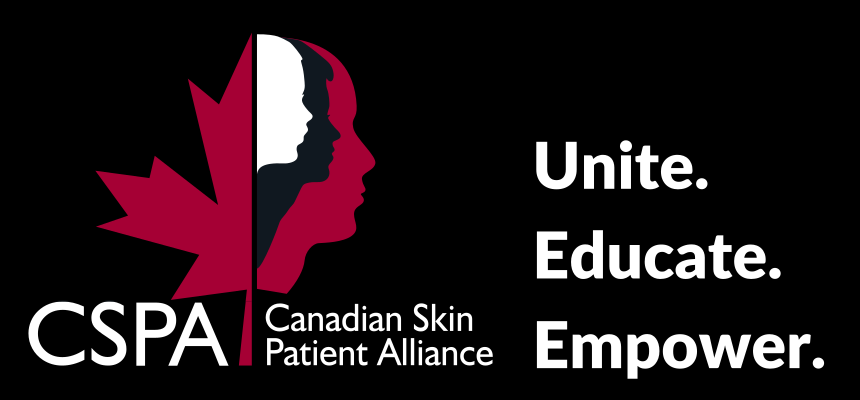Coping and Support
Although HPV is a very common virus, the experiences that follow a diagnosis can be emotional for many patients. Aside from the discomfort and the treatments used to cosmetically improve the appearance (cosmesis) of warts, HPV infections may come with other adverse psychological impacts. Patients may be anxious about their diagnosis or worry about the potential consequences for their health as well as the potential to transmit the infection. While most HPV infections do resolve on their own without any specific treatment, seeking care for any symptoms is recommended to reduce the burden of disease. Practicing appropriate preventative measures can also reduce infection and transmission. Patients can reduce the risk of HPV infection by getting vaccinated against HPV, undergoing regular Pap screening, and engaging in safe sexual practices with their partner(s).
Seeking appropriate care for warts from a primary care physician or a dermatologist will limit the spread of HPV infections. Finally, treating HPV infections early may reduce the potential development of HPV-related conditions such as cancer. For patients experiencing psychological distress related to this condition, mental health resources and seeking appropriate care from a healthcare professional are good sources of support to cope with this common condition.











